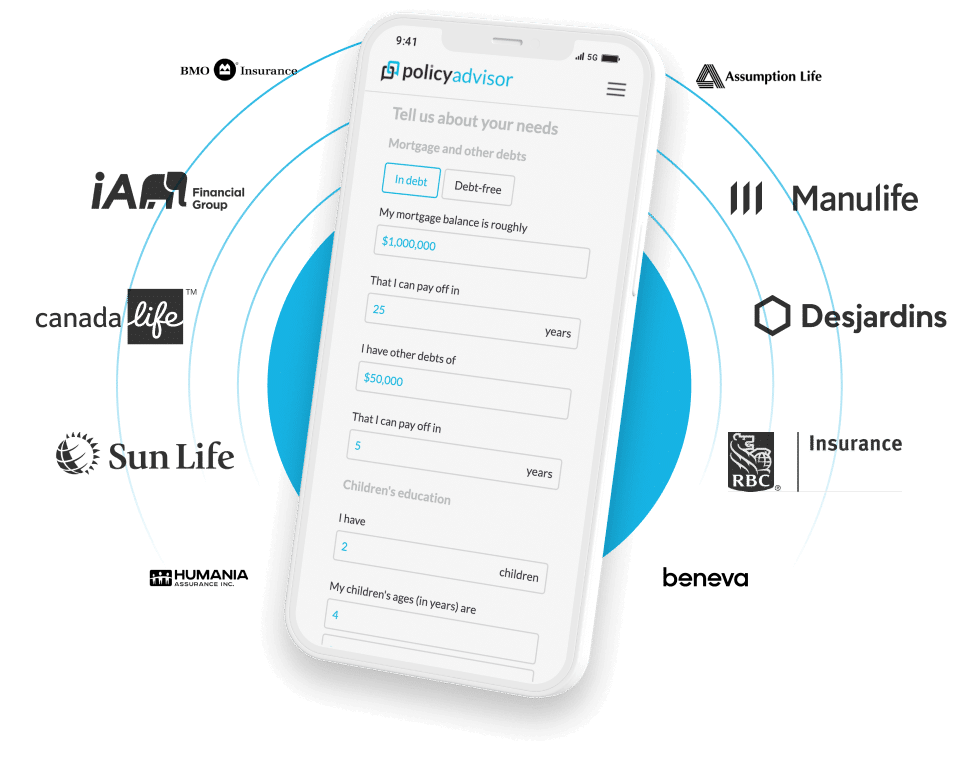
The art of managing money is an old one. Yet, most of us who try to implement some personal finance tips falter due to mismanagement, bad advice, and lack of inspiration to incorporate the necessary changes . While everyone wants to get rich quick, only a few actually put in the effort required to reach financial freedom.
Let’s go through a simple exercise. Ask yourself, what is your end-goal?
Is it earning a high income north of six figures? Or is it saving up enough to fund your backpacking trip across the world? Or better yet, is it to retire in your forties while your peers continue to grind it out in their offices?
Once you’ve built a clearer picture of what you want your money to do, you’ll find it easier to follow the next 10 tips.
Despite what the internet and social media might have you believe, mastering your savings isn’t a science. Nor does it require a 4-year economic degree or MBA. All it requires is a concerted effort to save up, invest in good instruments, and the patience to wait for a few years while your money compounds.
Here are the 10 top personal finance tips that will help you achieve your financial goals!
1. Spend Less Than You Earn
As simple as it sounds, only about 47% of working Canadians understand the gravity of this statement, according to a poll by BDO Canada Ltd.
A staggering 53% continue to struggle from paycheck to paycheck, living each day buried under financial trouble.
Spending less than you earn may be the most generic yet underrated money management tip there is. If you earn $5,000 a month but end up spending $5,200, you’re digging yourself into a hole that will continue to grow deeper.
The good news is living below your means isn’t that hard if you’re prepared to cut a few corners. Buying a cheaper car, renting a smaller apartment, and eating in every day can help you save up quite a bit of money for a more secure future.
2. Create A Tight Budget
Another simple yet effective tip to ensure you don’t overspend every month is to create a daily, weekly, and monthly budget.
Accounting for spending beforehand can help you plug holes and leaks in your financial plan. A simple look across your spending can show how small monetary changes snowball into huge savings over time.
Creating a budget doesn’t require you give up on everything you love. It’s a simple framework to show the categories your money ends up going into. This habit can also be an effective method to live below your means.
Saving money becomes easier when you’re aware of how you’re spending it. Additionally, a budget can bring up avenues where you can save some extra dollars.
One of the most popular budgeting rules is the 50/20/30 rule. Out of your monthly income, 50% goes into your fixed expenses such as insurance premiums, rent, mortgages, groceries, and bills. The 20% is purely for your savings account, investment portfolio, and retirement plan. The remaining 30% goes towards some affordable luxuries like eating out, vacations, and your Netflix account.
As long as you diligently stick to your budget, you’re taking the right steps towards financial freedom and early retirement.

3. Pay Yourself First
We discussed the 50/20/30 rule above. Most of us find it difficult to account for the 20% savings by the end of the month. We might end up splurging on a date or buy the newest iPhone the minute it comes out.
That’s why every financial expert out there hammers home this rule: pay yourself first!
Before you sit down to do your monthly budget, remove 20% of your income, and set it aside in a savings account. As per the rule, this savings account remains inaccessible to you for the entire month. This will force you to remain within your budget.
Every deposit you make into your savings account is an investment in you and your future. So, learn to put some money aside for later.
4. Create A Liquid Emergency Fund
Creating a personal emergency fund can go a long way in warding off any untoward emergencies. Even if you have car, health, and life insurance to look after every crisis, having an accessible emergency fund is an absolute necessity.
A liquid fund refers to bank accounts or assets that can be accessed immediately should the need arise. As humans, we have no control over our futures. If we’re not prepared, emergencies such as being laid off or getting into an accident can spell financial trouble.
With new advancements in online banking, you can sign up for an automatic savings account that deducts a fixed sum from your paycheck every month.
Even if you don’t face any hardships, having some extra money in the bank never hurt anyone. It can later be added to your retirement account, towards your house’s down-payment, or vacation expenses.
5. Start Saving Up For Your Retirement Now
You’re young. Retirement seems a long time away. But does that mean you shouldn’t worry about it yet?
Don’t make this rookie mistake and start saving up for your retirement now! The sooner you begin saving, the more your money multiplies due to compound interest. The faster your retirement account maxes out, the faster you are able to bid adieu to your 9-5 job.
Company-sponsored retirement plans are often the best vehicles to secure your post-retirement future. Not only do you get to invest a pre-tax income, the company often ends up matching your investment.
A group RRSP program or any other form of employer-sponsored retirement plan is not a part of your taxable income. You can end up saving thousands of dollars every year that are protected from taxes. Lastly, you get an immediate tax credit – without having to wait until you have filed your tax returns.
6. Invest In a Sound Term Life Insurance Policy
Another solid investment is term life insurance which acts as a safeguard against unforeseen personal tragedies. Term life insurance can help your dependents survive financially if you ever pass away.
The biggest benefit of enrolling in a term life insurance plan is that you can get a large death benefit at a lower price than any other type of life insurance. The premiums for term insurance are generally much lower than other types of coverage. A term plan can have shorter tenure with added riders to increase benefits. You can get critical illness coverage as well as accidental death benefit by paying a slightly higher premium. Moreover, these plans are super easy to buy online with just a few clicks.
7. Guard Your Wealth With Disability Insurance
Disability insurance should be a priority for everyone. As improbable as it sounds, a Canadian survey on disabilities reported that about 33% of all 30-64 year olds will experience a disability greater than 90 days. If you’re ever reduced to a position wherein you can’t work due to injury or disability, the insurance will cover part of your paycheck until you’re well again.
8. Don’t Let Inflation Erode Your Savings
Money left idle in the bank account loses its worth after a couple of decades. Economic inflation reduces the purchasing power of your savings over time.
Learn more about how inflation affects life insurance.
The best way to use the power of compound interest is by investing a part of your savings into a diversified portfolio of financial tools such as mutual funds, bonds, stocks, and futures, among many other options.
The risks associated with investing typically push away the average Canadian. But, as famed businessman and author Robert Kiyosaki, put it – the only way to get rich is if you put your money to work.
If you’re not very keen on high-risk investments such as individual stocks, try to invest in professionally managed debt/equity mutual funds. Mutual funds help diversify your portfolio and allay some of the risks involved in investing. You can also invest in index funds which simply follow the market’s growth.
The average savings account at a bank boasts a minuscule annual percentage yield; it is often several times lower than the annual inflation rate (which is 0.7% for 2020).
So don’t just stuff your bills under your mattress. Put your money to work today!
9. Good Debt Vs Bad Debt
Not all debt is necessarily bad. Taking on debt might actually help speed up your financial well-being.
First, let’s mark the differences between bad debt and good debt.
Debt that you acquire to purchase something that will not hold its value is generally considered bad debt. Bad debt usually has a higher interest rate and tighter repayment schedules.
For instance, payday loans and credit card debt can eat into your net worth over time.
On the other hand, good debt helps you build your future. Taking out a student loan might help you get a degree in a higher earning field. A mortgage debt can payoff in the future if your new home keeps or grows its value.
So don’t be scared to take up good debt as long as you’re able to repay it.
10. Start Earning Money On The Side
Creating multiple streams of revenue to supplement your primary paycheck can be a good idea.
If you want to make some extra money every month, consider investing your free time into an extra income source that can generate money without eating into your jam-packed schedule.
Dropshipping on Amazon and eBay, or starting an Instagram store is an easy way to start earning. You can also sell an online course, start a blog, freelance on the side, or even babysit.
The money earned from this side hustle can help you expand your investment portfolio or upgrade your insurance coverage.
Anyone can secure their financial future with adequate planning. Sticking to your budget to free up savings that can be invested in the market creates a cycle of financial productivity, leaving you prepared for any future crises.
Lastly, the best time to write up a financial plan is now. The earlier you start saving, the faster you reach financial maturity.


 1-888-601-9980
1-888-601-9980


